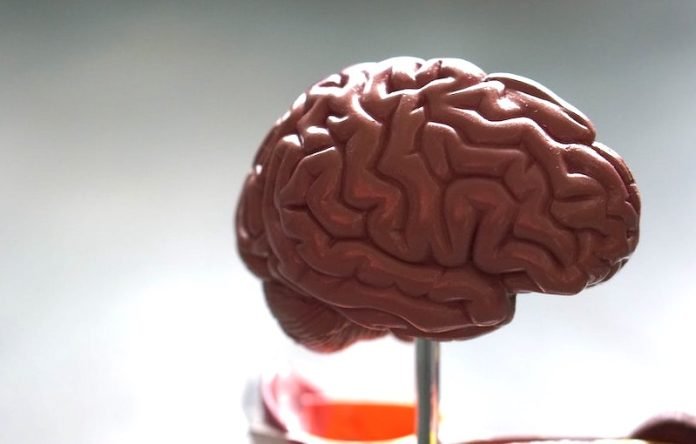
In a study from Mayo Clinic, scientists have used artificial intelligence (AI) to evaluate patients’ electrocardiograms (ECGs) in a targeted strategy to screen for atrial fibrillation, a common heart rhythm disorder.
Atrial fibrillation is an irregular heartbeat that can lead to blood clots that may travel to the brain and cause a stroke, but it is largely underdiagnosed.
The researchers found AI identified new cases of atrial fibrillation that would not have come to clinical attention during routine care.
Earlier research had already developed an AI algorithm to identify patients with a high likelihood of previously unknown atrial fibrillation.
In the study, the team enrolled 1,003 patients for continuous monitoring and used another 1,003 patients from usual care as real-world controls.
They showed that AI can indeed identify a subgroup of high-risk patients who would benefit more from further intensive heart monitoring to detect atrial fibrillation, supporting an AI-guided targeted screening strategy.
ECGs are commonly performed for a variety of diagnostics, but since atrial fibrillation can be fleeting, the chance of catching an episode on a single 10-second ECG tracing is low.
Patients can undergo continuous or intermittent cardiac monitoring approaches that have higher detection rates, but they are too resource-intensive to apply to everyone and can be burdensome and expensive for patients.
This is where the AI-guided ECG may be useful. The AI algorithm can identify patients who, even though they are in normal rhythm on the day of the ECG, may have an increased risk of undetected episodes of atrial fibrillation at other times.
Such patients can then undergo additional monitoring to confirm the diagnosis.
The next step in this research will be a multicenter hybrid trial focused on the effectiveness of implementing the AI-ECG workflow in diverse clinical settings and patient populations.
The team hopes that this approach will be particularly valuable in resource-constrained environments where the rate of undetected atrial fibrillation may be particularly high, and resources to detect it may be limited.
However, more work is needed to overcome barriers to implementation, and further studies must evaluate targeted screening strategies in these environments.
If you care about stroke, please read studies about the big cause of stroke, and tea could protect you from stroke and dementia.
For more information about stroke, please see recent studies that diets high in flavonoids could help reduce stroke risk, and results showing this gland problem in your neck is linked to bone fracture, stroke, and heart attack.
The study was conducted by Peter Noseworthy et al and published in The Lancet.
Copyright © 2022 Knowridge Science Report. All rights reserved.



